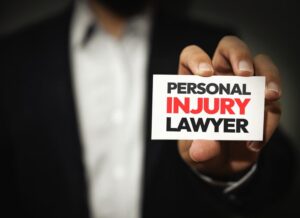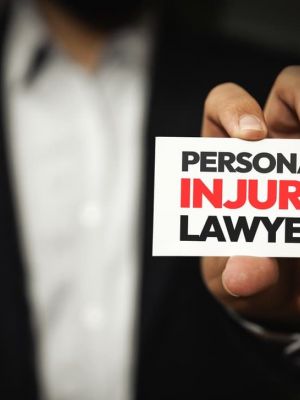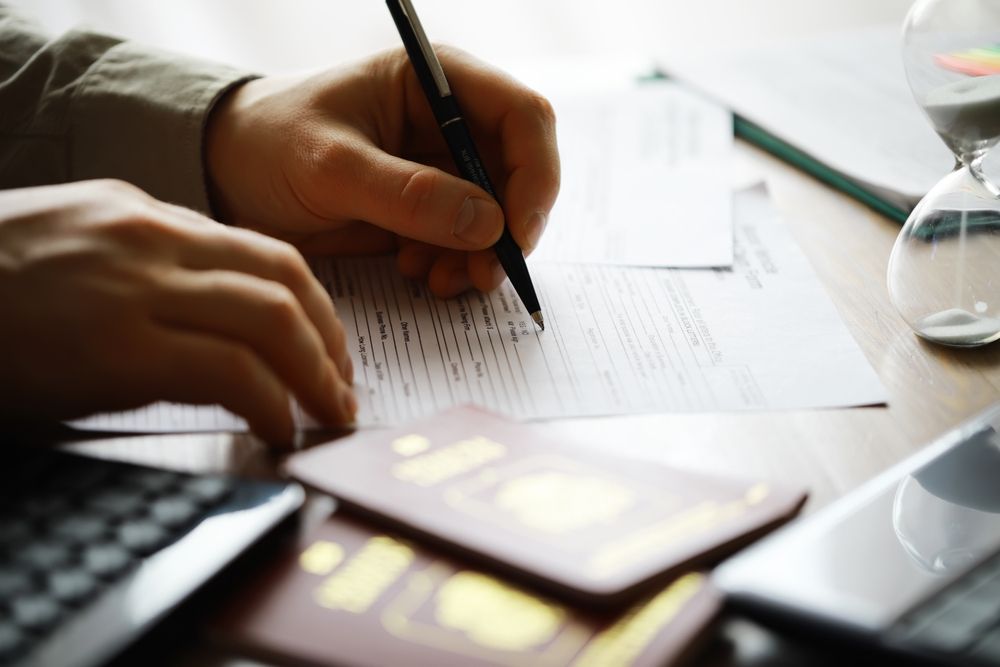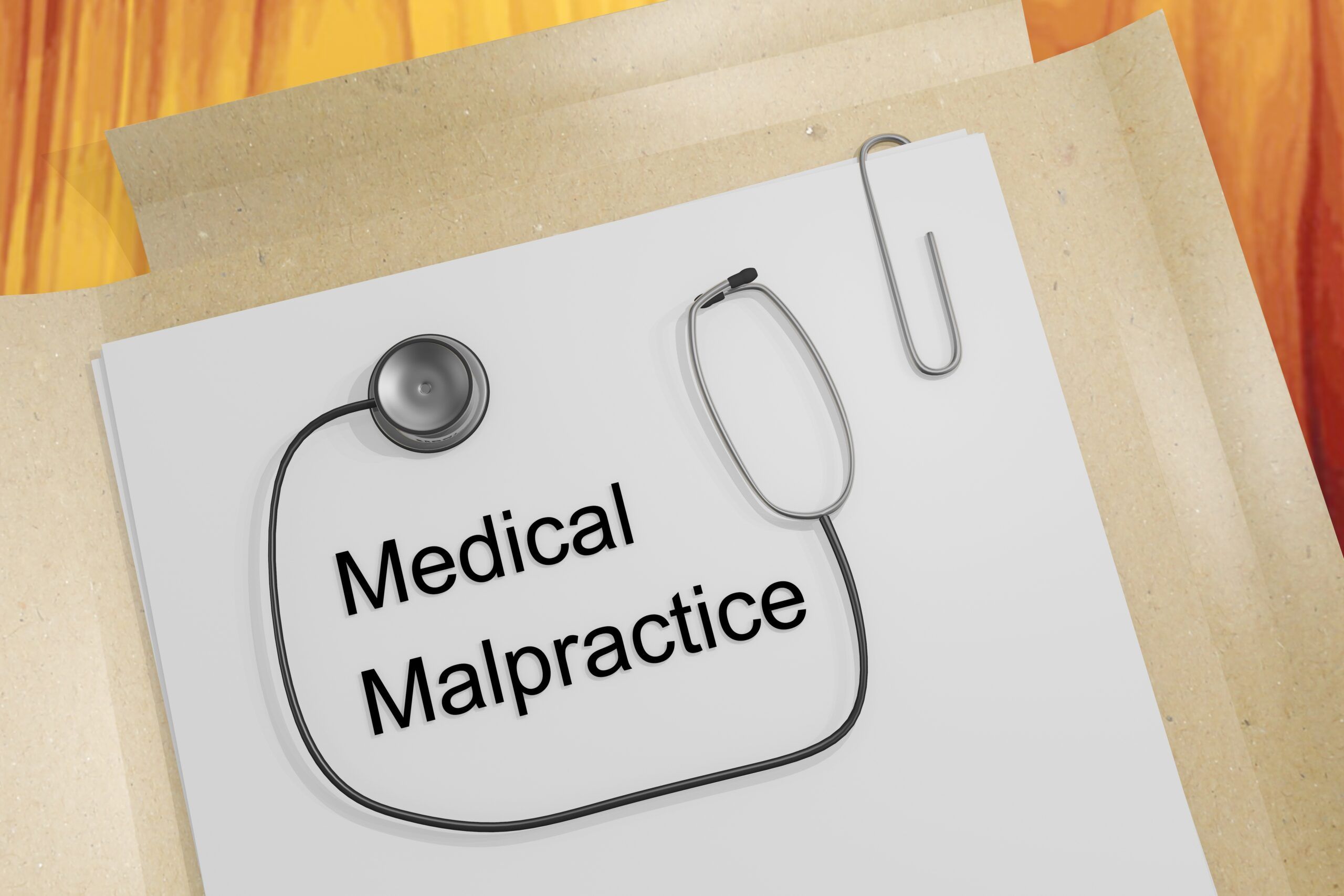What Kind of Cases Do Personal Injury Lawyers Handle?
Personal injury lawyers handle cases in which someone suffers harm due to another party’s negligence or wrongdoing. These include motor vehicle accidents, slip-and-fall incidents, workplace injuries, and other situations that result in physical, emotional, or financial damages.
Brooks Law Firm focuses on motor vehicle accidents, premises liability incidents, workplace third-party claims, and other cases where negligence causes significant harm to hardworking Massachusetts families. Our team understands that injuries don’t just affect individuals—they impact entire families who depend on your ability to work and provide.
Overview of Personal Injury Cases
- Personal injury cases encompass a wide range of accidents and incidents where negligence causes harm to others
- Motor vehicle accidents represent the most common personal injury cases, including car crashes, truck accidents, motorcycle collisions, and pedestrian incidents
- Premises liability cases involve injuries on someone else’s property due to dangerous conditions or inadequate security
- Workplace accidents may qualify for personal injury claims when third parties bear responsibility beyond workers’ compensation coverage
- Each case type has specific legal requirements, evidence needs, and time limits that affect potential outcomes
Motor Vehicle Accident Cases
 Motor vehicle accidents encompass a large portion of personal injury cases due to their frequency and the serious injuries they cause.
Motor vehicle accidents encompass a large portion of personal injury cases due to their frequency and the serious injuries they cause.
Car Accidents
Car accident cases represent the largest category of personal injury claims. These incidents range from minor fender-benders to catastrophic collisions involving multiple vehicles. Common causes include distracted driving, speeding, failure to yield, and driving under the influence. Massachusetts follows comparative negligence rules, meaning fault percentages affect compensation amounts.
Truck Accidents
Truck accident cases can involve more complex legal issues due to federal trucking regulations, multiple potentially liable parties, and severe injury potential. Commercial truck accidents may implicate trucking companies, maintenance providers, cargo loaders, or manufacturers in addition to drivers themselves.
Motorcycle Accidents
Motorcycle accident cases frequently result in serious injuries due to limited rider protection. Victims in these cases may face bias against motorcyclists, making strong legal representation particularly important. Evidence gathering becomes critical since crash reconstruction may be necessary to establish fault clearly.
Rideshare, Uber, and Lyft Accidents
Rideshare accidents involving Uber and Lyft drivers present unique insurance coverage questions. Multiple insurance policies may apply depending on the driver’s status when the accident occurred. These cases require understanding both personal auto insurance and commercial rideshare coverage.
Pedestrian and Bicycle Accident Claims
Pedestrian accidents often result in severe injuries when vehicles strike people walking. These cases may involve crosswalk accidents, parking lot incidents, or situations where pedestrians are hit while walking along roadways. Massachusetts law generally favors pedestrians in crosswalks, but fault determination depends on specific circumstances.
Bicycle accidents present similar challenges, with additional considerations about bike lane usage, helmet laws, and traffic regulations applicable to cyclists. Serious injuries are common due to cyclists’ vulnerability when struck by motor vehicles.
Slip and Fall and Premises Liability Cases
Property-related injuries encompass various situations where dangerous conditions on someone else’s property cause harm to visitors or customers.
Property owners’ responsibilities vary based on visitor status. Customers and invited guests receive higher protection levels than trespassers, though some duties exist even toward uninvited visitors.
Slip and Fall Accidents
Slip and fall accidents occur when hazardous conditions like wet floors, uneven surfaces, or inadequate lighting cause people to lose their footing. Property owners have legal obligations to maintain safe conditions and warn visitors about known hazards. Successful cases require proving that property owners knew or should have known about dangerous conditions.
Trip and Fall Accidents
Trip and fall incidents involve obstacles or surface irregularities that cause people to stumble and fall. Common examples include broken sidewalks, uneven flooring, poor lighting, and objects left in walkways. These cases may hinge on whether reasonable inspection and maintenance would have prevented the hazard.
Negligent Security
Negligent security cases arise when inadequate security measures allow criminal acts that harm visitors. Apartments, parking lots, hotels, and retail establishments have duties to provide reasonable security based on crime history and location factors.
Workplace and Construction Accident Claims
When third parties bear responsibility for accidents, workplace injuries sometimes qualify for personal injury claims beyond workers’ compensation benefits.
Construction accident cases can involve third-party liability when contractors, subcontractors, equipment manufacturers, or property owners contribute to injuries. While workers’ compensation typically covers on-the-job injuries, additional compensation may be available through personal injury claims against non-employer parties.
Equipment malfunctions, defective safety gear, or dangerous job site conditions created by parties other than direct employers may support personal injury claims. These cases require careful analysis to identify all potentially liable parties beyond the injured worker’s employer.
Massachusetts workers may pursue both workers’ compensation benefits and personal injury claims simultaneously when different parties bear responsibility. Coordination between these claims may require legal guidance to avoid conflicts or reductions in available compensation.
Product Liability and Defective Product Cases
Defective products that cause injuries may support personal injury claims against manufacturers, distributors, or retailers involved in the product chain.
Design Defects
Design defects occur when products are inherently dangerous due to poor design choices. These cases argue that safer alternative designs were feasible and would have prevented injuries. Manufacturers have obligations to design reasonably safe products for intended uses.
Manufacturing Defects
Manufacturing defects involve products that fail to meet their intended design specifications. A properly designed product becomes dangerous due to production errors, quality control failures, or contamination during manufacturing processes.
Warning Defects
Warning defects occur when manufacturers fail to provide adequate instructions or warnings about known dangers. Products may be reasonably safe when used properly but become dangerous without proper guidance or hazard warnings.
Dog Bite and Animal Attack Cases
Dog bite cases form a specific category of personal injury law with unique legal standards in Massachusetts.
Massachusetts follows strict liability rules for dog bites under Massachusetts General Laws Chapter 140, Section 155. Dog owners are typically responsible for damages caused by their animals, regardless of whether the owner knew about aggressive tendencies.
Animal attack cases may involve dogs, cats, or other animals that cause injuries through biting, scratching, or knocking people down. These incidents usually occur on private property, in public spaces, or when animals escape from their normal containment.
Homeowner’s insurance policies usually cover dog bite claims, though some insurers exclude certain breeds or impose restrictions after previous incidents. Apartment renters’ insurance may also provide coverage depending on policy terms and circumstances.
Wrongful Death Claims
Wrongful death cases arise when negligence or intentional acts cause someone’s death, allowing surviving family members to pursue compensation for their losses.
Massachusetts wrongful death law under Massachusetts General Laws Chapter 229 allows specific family members to recover damages for their financial and emotional losses. These cases are caused by the same types of accidents as personal injury claims, but with fatal outcomes.
Wrongful death damages may include funeral expenses, medical bills before death, lost income and benefits, and compensation for the relationship loss. Each case requires careful calculation of economic impacts and consideration of non-economic losses.
Surviving spouses, children, and parents may have rights to compensation depending on family relationships and Massachusetts law requirements. These cases carry additional emotional complexity while families grieve their losses.
Insurance Coverage Considerations in Massachusetts Injury Cases
Different personal injury case types involve various insurance coverage sources that affect compensation availability and legal strategies.
Understanding which insurance policies apply to specific accident types helps injured parties identify all available compensation sources. Multiple insurance policies may provide coverage for single accidents, particularly in complex cases involving multiple parties or business operations.
Common insurance coverage types for personal injury cases include:
- Auto insurance policies providing primary coverage for motor vehicle accidents, though policy limits may not adequately cover serious injuries
- Underinsured motorist coverage protecting against inadequate insurance carried by at-fault drivers
- Uninsured motorist coverage applying when at-fault drivers lack insurance entirely
- Homeowner’s and renter’s insurance policies covering premises liability claims, dog bites, and residential property incidents
- Commercial general liability insurance protecting businesses against customer or visitor injury claims
Product liability claims may involve manufacturer’s insurance, distributor coverage, or retailer policies depending on the specific product chain and defect type. Professional liability insurance covers medical malpractice and other professional negligence claims in healthcare and service industries.
Legal Requirements and Time Limits
Personal injury cases must meet specific legal requirements and time deadlines that vary by case type and jurisdiction.
Massachusetts personal injury cases generally must be filed within three years of the injury date under the statute of limitations. However, some case types have shorter deadlines, particularly claims against government entities, which may require notice within specific timeframes.
Evidence preservation becomes critical immediately after accidents occur. Medical records, accident reports, witness statements, and photographic evidence all play important roles in building strong cases. Delayed evidence gathering may result in lost information that could have supported injury claims.
Legal representation becomes particularly valuable when multiple deadlines, insurance policies, or potentially liable parties complicate case management. Professional guidance helps avoid procedural errors that could compromise otherwise valid claims.
How Contingency Fee Arrangements Work
Most personal injury lawyers work on contingency fee arrangements, meaning clients pay attorney fees only when cases result in settlements or court victories.
Case expenses like filing fees, medical record costs, and investigative expenses may be handled differently depending on the attorney’s policies. Some lawyers advance these costs and recover them from settlements, while others require clients to pay expenses regardless of case outcomes.
Different case types may affect contingency fee arrangements due to varying complexity levels and time requirements.
The personal injury attorneys at Brooks Law Firm prioritize providing quality legal representation without causing undue financial burden on our clients. That is why our lawyers work on a contingency fee basis and offer free consultations.
Frequently Asked Questions for Personal Injury Cases
What Qualifies as a Personal Injury Case?
Personal injury cases require proof that another party’s negligence or wrongdoing caused harm resulting in medical expenses, lost income, pain and suffering, or other damages. The key element is establishing that someone else bears legal responsibility for your injuries through their actions or failure to act reasonably.
Do Personal Injury Lawyers Handle Property Damage Claims?
Most personal injury lawyers focus on bodily injury claims rather than property-damage-only cases. However, property damage often accompanies personal injury claims and is included in overall settlement negotiations.
Will a Personal Injury Lawyer Take Workers’ Compensation Cases?
Yes. Brooks Law Firm handles both workers’ compensation claims and third-party claims related to workplace accidents rather than direct workers’ compensation claims. If your work injury involves equipment defects, other contractors, or dangerous premises conditions created by non-employers, personal injury claims may be possible alongside workers’ compensation benefits.
How Long Do Different Types of Personal Injury Cases Take?
Case timelines vary significantly based on injury severity, liability disputes, and insurance company cooperation. Your lawyer may review your case and develop a strategy based on your timeline and compensation goals.
Can I Sue a Bar after a Drunk Driving Accident?
Massachusetts dram shop laws under Massachusetts General Laws Chapter 138, Section 69 allow claims against establishments that serve alcohol to visibly intoxicated patrons who then cause accidents. These cases require proof that the establishment knew or should have known the patron was intoxicated when they continued serving alcohol.
Brooks Law Firm: Personal Injury Attorneys for Your Case
Massachusetts law provides various protections for injury victims, but each case type has specific requirements, deadlines, and evidence needs. Early legal consultation helps identify all potential claims and responsible parties while preserving important evidence and meeting critical deadlines.
If you’ve been injured in Massachusetts, Brooks Law Firm can help you understand whether your situation qualifies for a personal injury claim. We strongly believe that justice should be available to everyone, regardless of background or circumstances. Our team speaks English, Spanish, and Portuguese, making legal guidance accessible to diverse communities throughout the Boston area.
Contact Brooks Law Firm today at (617) 245-8090 for a free consultation about your potential personal injury case. Remember, you pay nothing unless we win, and we’re dedicated to helping you move forward with dignity and peace of mind.





